In this article, we delve into the intricacies of space optimization in a luxury residence, offering practical tips and insights to help you craft captivating and inviting spaces.
One of the key secrets to optimizing space in a luxury residence is the strategic use of mirrors. Mirrors have a unique ability to create an illusion of space, making rooms appear larger and more expansive. But they offer more than just optical tricks. Mirrors also reflect light, illuminating the space and adding a touch of sophistication. For architects and designers aiming to maximize the sense of luxury, incorporating mirrors into the design can be transformative.
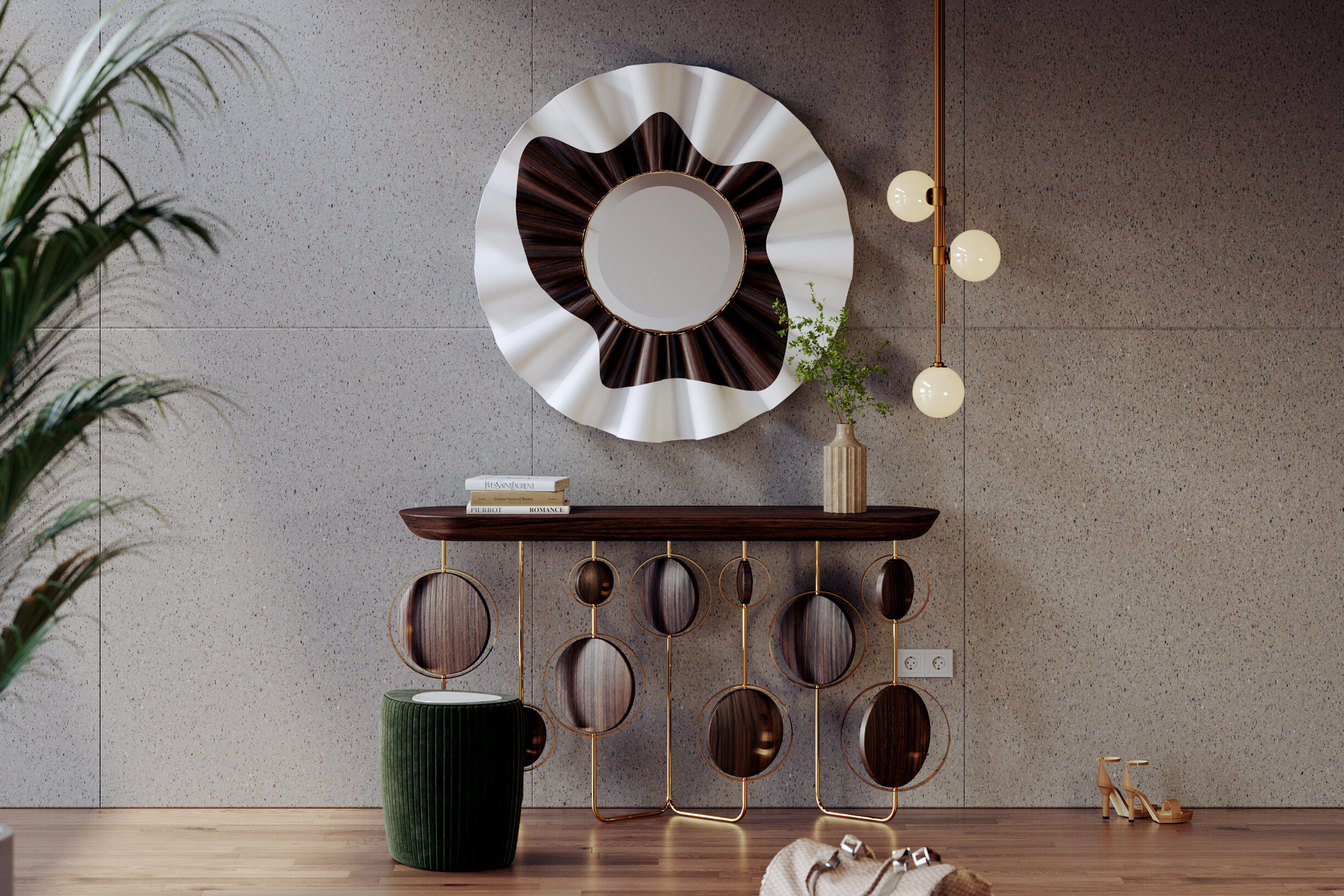
Luxury is often synonymous with sophistication, and mirrors effortlessly contribute to this aura. The reflective surfaces of mirrors add a touch of refinement and elegance to any space. When used judiciously, they become statement pieces in themselves, elevating the entire design concept.
The impact of mirrors in interior design should never be underestimated. If you are interested to know more about this read our blog article Mirror Designs: Elevating Your Interior Decor with Style and Functionality.
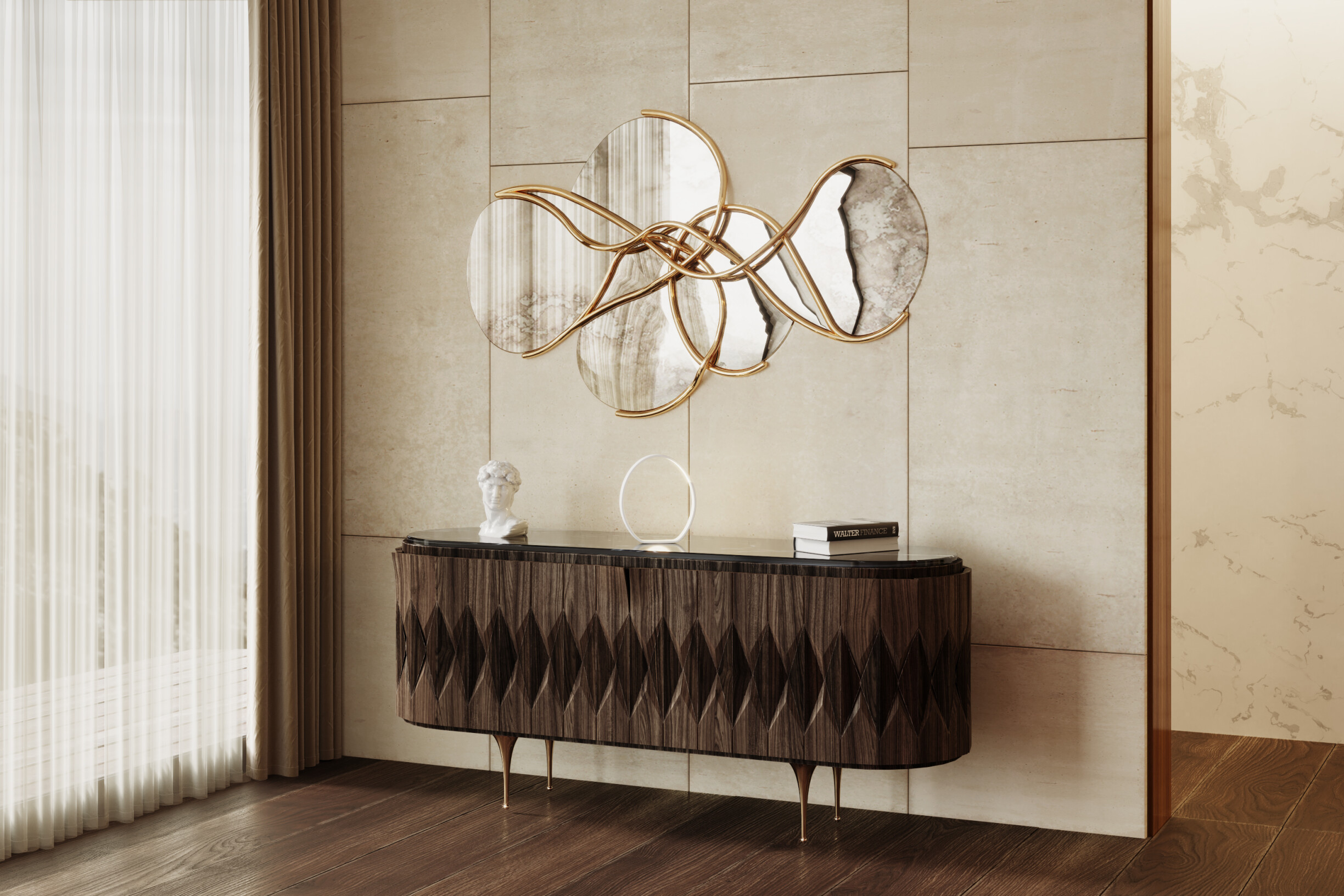
In larger spaces, scale becomes an essential factor in design. These expansive rooms provide a canvas for grand gestures, and furniture must rise to the occasion. Oversized sofas, substantial dining tables, and towering bookshelves find their place in such settings, creating a sense of presence and opulence.
Consider a luxurious dining room within a sprawling mansion. Here, a large, ornate dining table surrounded by equally grand chairs establishes a visual equilibrium within the vast expanse of the room. The scale of these pieces commands attention, creating a luxurious atmosphere fit for grand gatherings.
Conversely, smaller rooms demand a more intimate approach to scale and proportion. Here, it's essential to select furniture that fits seamlessly within the confines of the space. Delicate loveseats, compact coffee tables, and elegantly slender bookcases become the stars of the show.
Scale and proportion are not just about the individual pieces, they contribute to the overall coherence of the space. Luxury interiors are a symphony of elements working in unison. When furniture is appropriately scaled, it becomes an integral part of the design, seamlessly blending with architectural features and decor to create a harmonious composition.
In a well-designed luxury bedroom, for example, the scale of the bed is thoughtfully balanced with the proportions of the room. Nightstands, lighting fixtures, and seating arrangements all contribute to a sense of cohesion, ensuring that every aspect of the space feels intentional and balanced.
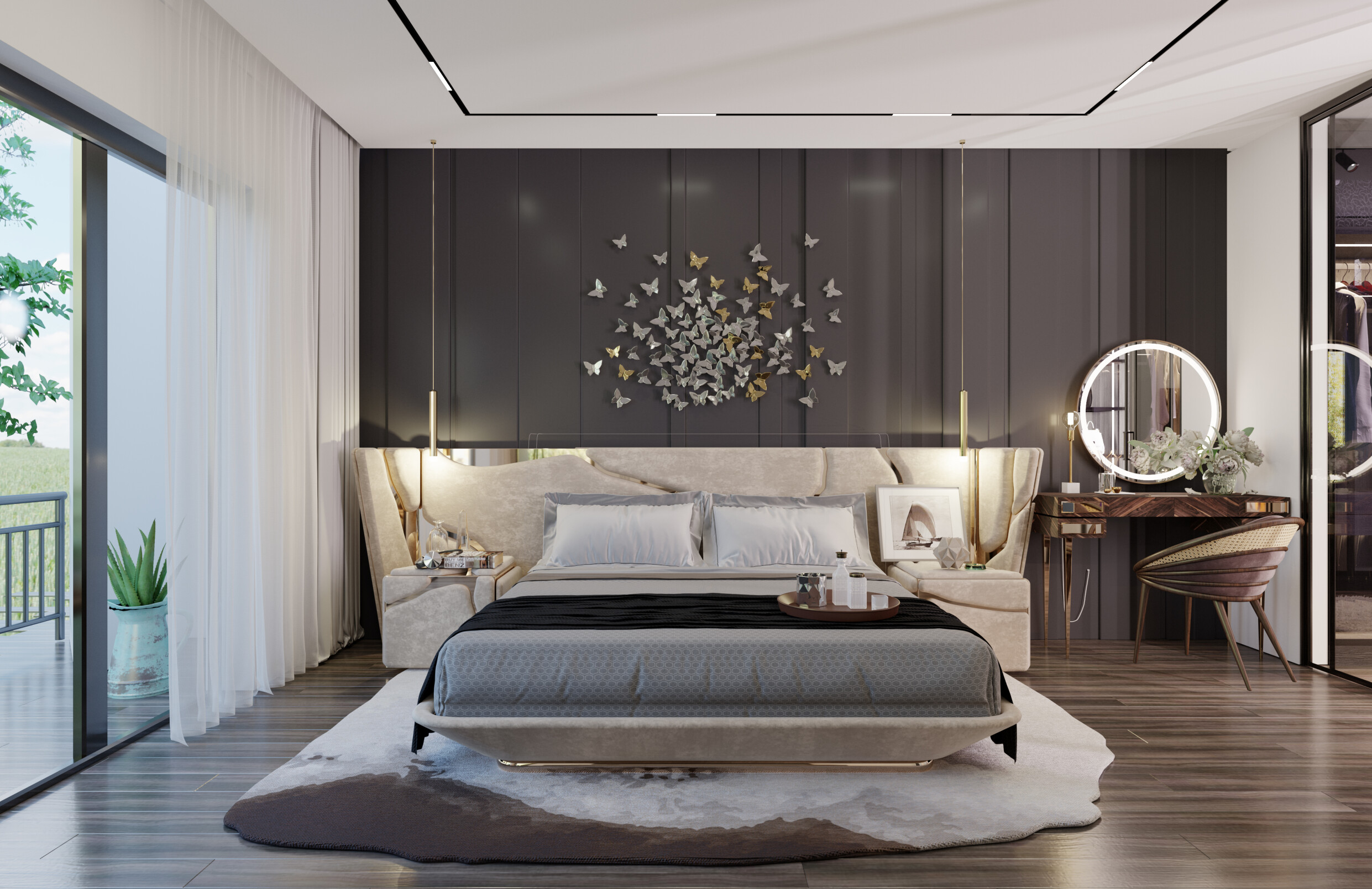
In essence, the consideration of traffic flow within a room is the embodiment of luxury. It's an acknowledgment that true opulence goes beyond aesthetics. A well-designed luxury interior not only delights the eye but also ensures that every interaction within the space is an experience of effortless elegance.
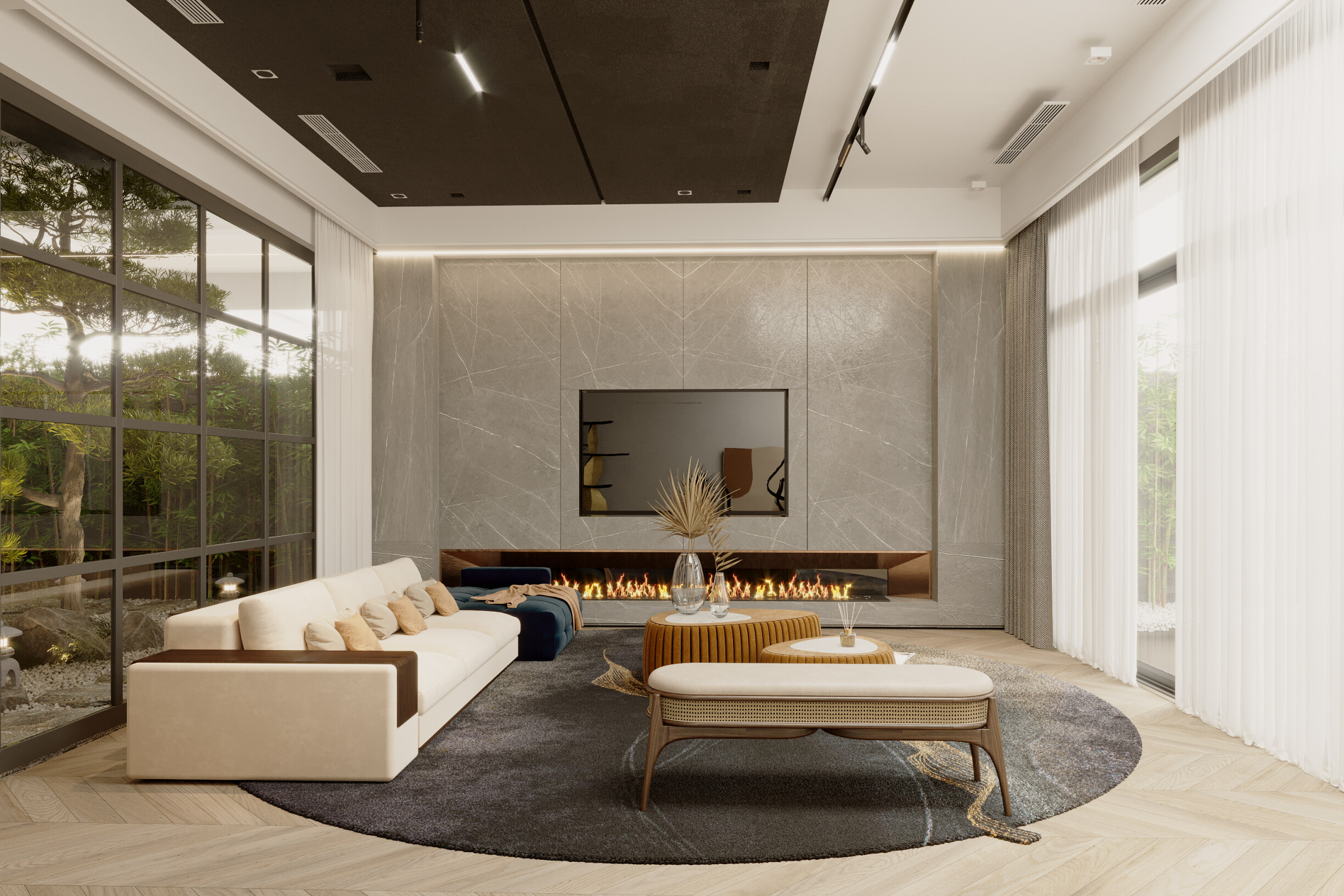
Embracing minimalism can have a profound impact on luxury spaces. By decluttering and including only essential furniture items, you create an open and airy ambiance. Minimalist design is synonymous with luxury, evoking a sense of tranquility and sophistication. The essence of this design philosophy lies in decluttering and including only essential furniture items, ultimately creating an open and airy ambiance that epitomizes luxury living.
Minimalism maximizes the use of space, allowing it to shine as a design element in its own right. Luxury interiors often feature grand architecture, and minimalism complements this by emphasizing the purity of form and function.
Its simplicity transcends trends, ensuring that a luxury interior remains relevant and elegant for years to come. The enduring appeal of minimalism lies in its ability to capture the essence of a luxury residence through the purity of design.
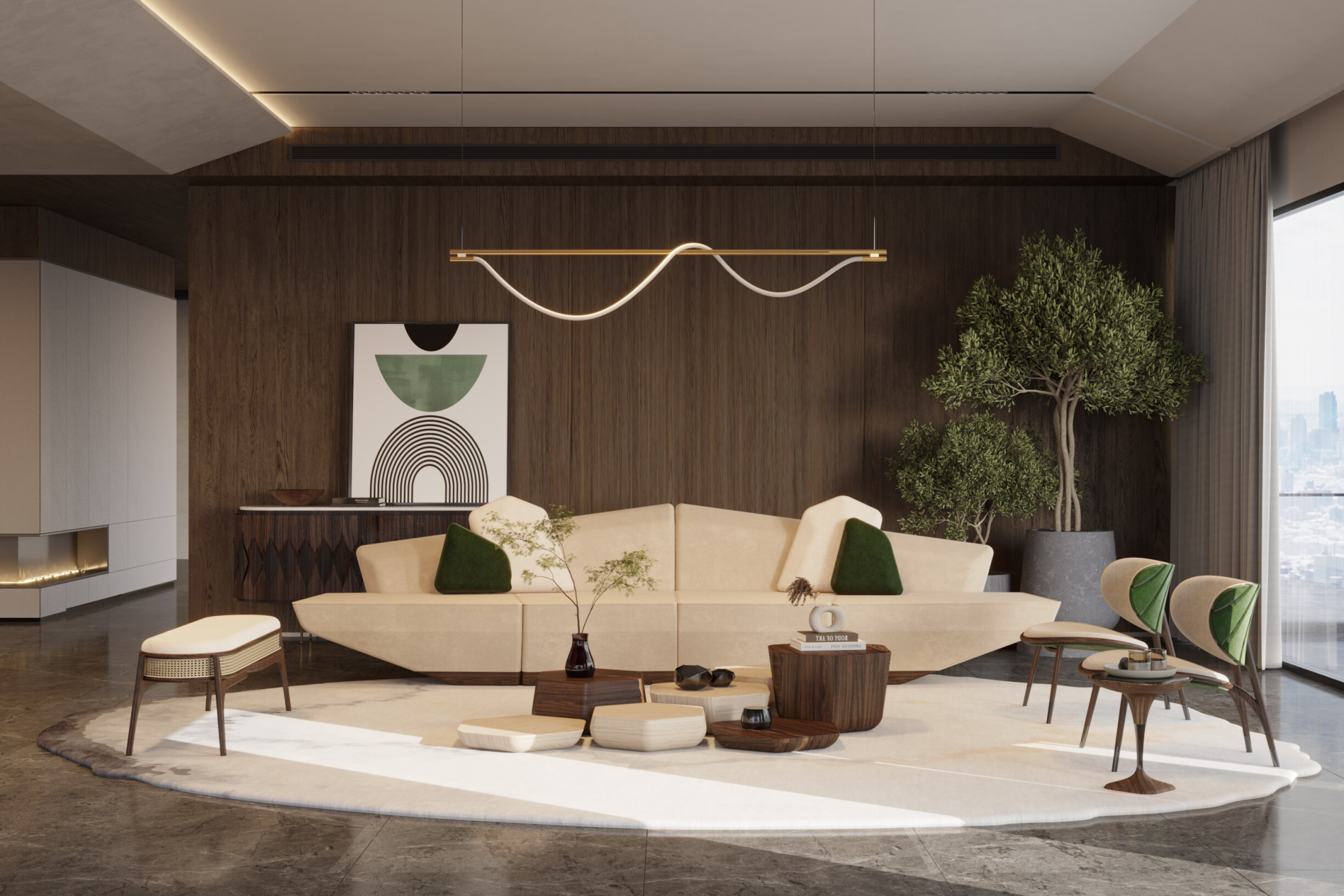
Every luxury interior has its unique focal points, whether it's a grand fireplace or a captivating piece of artwork. To optimize space effectively, arrange furniture in a manner that highlights these key features. By drawing attention to these elements, you create a cohesive and engaging atmosphere.
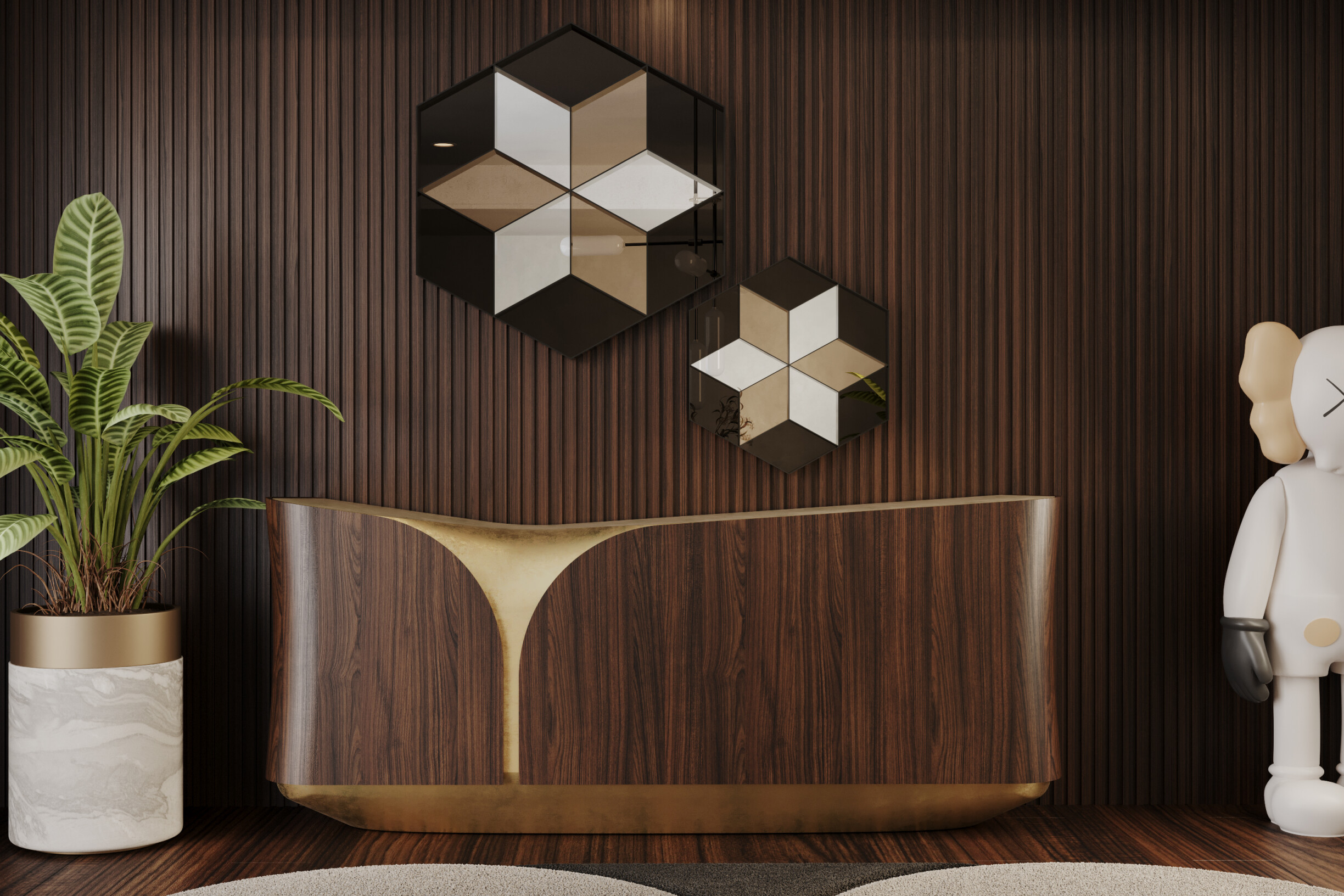
A cohesive color palette is another essential element in luxury interior design. Consistent color schemes create a sense of harmony and organization within the space. When selecting colors, consider the overall mood and atmosphere you want to convey.
In the realm of luxury interior design, custom-made furniture stands as an invaluable asset, a designer's best friend, so to speak. The allure of custom pieces lies in their ability to be meticulously tailored to fit the room's dimensions, style, and purpose. This level of precision optimization not only maximizes space but also elevates aesthetics to their zenith. When every element is designed with exactitude, the result is nothing short of a truly opulent interior.
Customization is a celebration of craftsmanship at its finest. It begins with a vision of a designer's dream for a space that is both functional and exquisite. From there, skilled artisans and craftsmen bring this vision to life, crafting furniture pieces that are as unique as the space they inhabit.
Imagine a bespoke dining table designed to fit seamlessly within a luxurious dining room. The table's dimensions are meticulously calculated to allow for comfortable seating while ensuring that the room retains its sense of grandeur. Every curve, every angle, and every detail is considered, resulting in a piece that is not only functional but also a work of art.
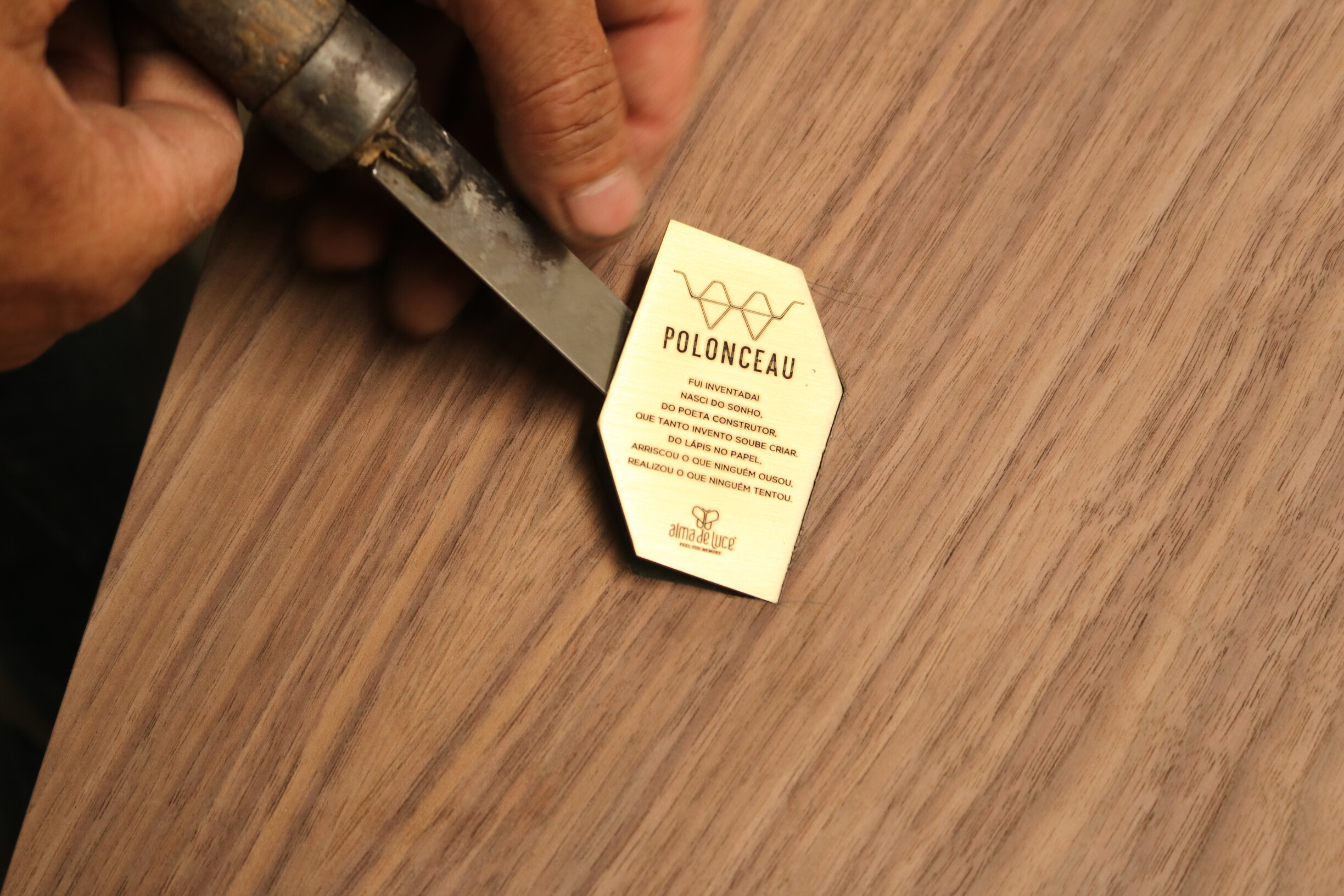
Finally, no luxury residence is complete without a well-thought-out lighting design. Different lighting sources, such as ambient, task, and accent lighting, can enhance both the ambiance and functionality of the space. Lighting sets the mood and highlights the room's best features.
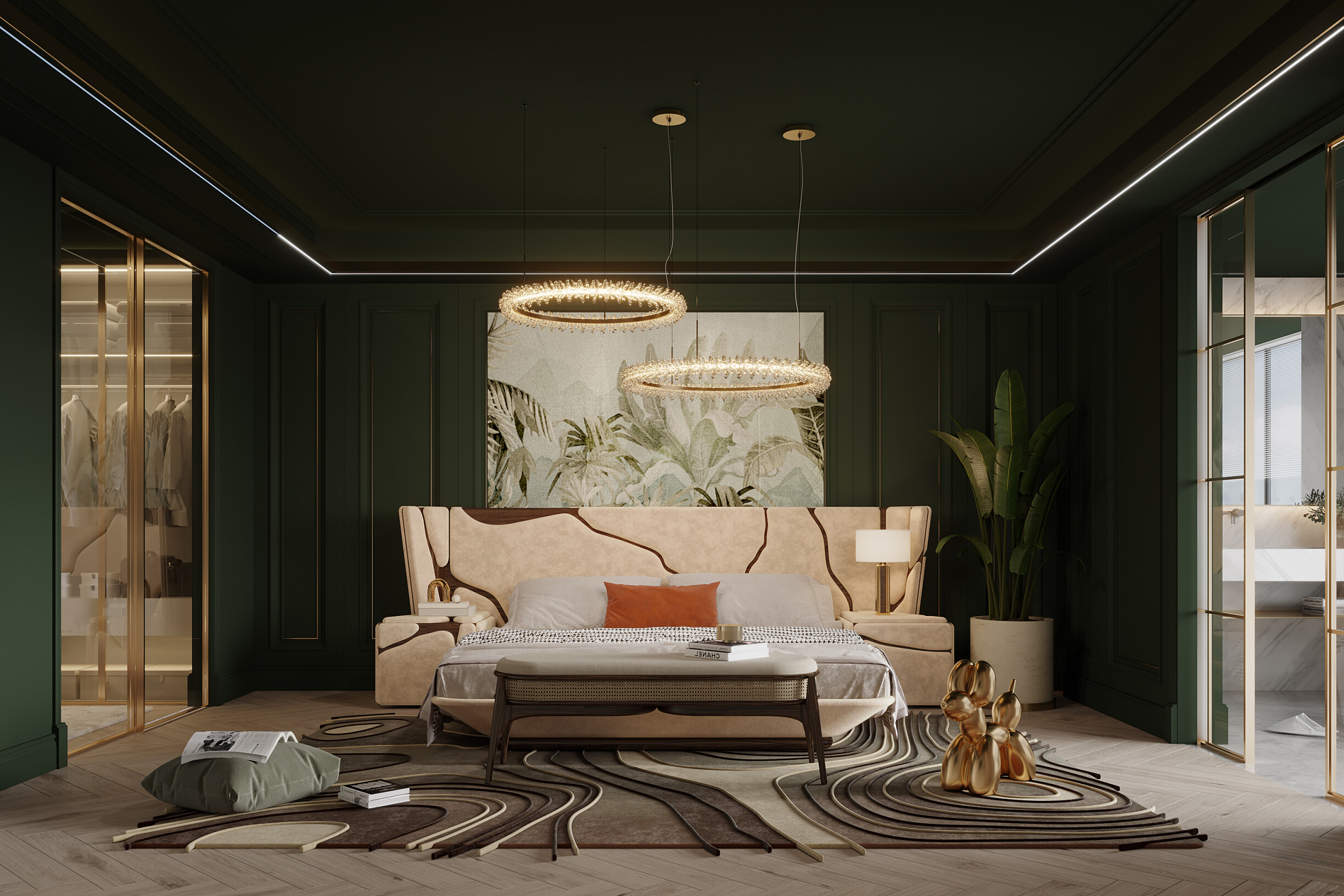
In conclusion, mastering the art of arrangement and space optimization in luxury interior spaces requires a keen eye for detail, a deep understanding of design principles, and a commitment to functionality and elegance. By strategically utilizing mirrors, incorporating multifunctional furniture, ensuring smooth traffic flow, highlighting focal points, balancing scale and proportion, selecting harmonious color palettes, embracing customization, adopting minimalism, and crafting thoughtful lighting designs, architects and designers can create spaces that resonate with opulence.